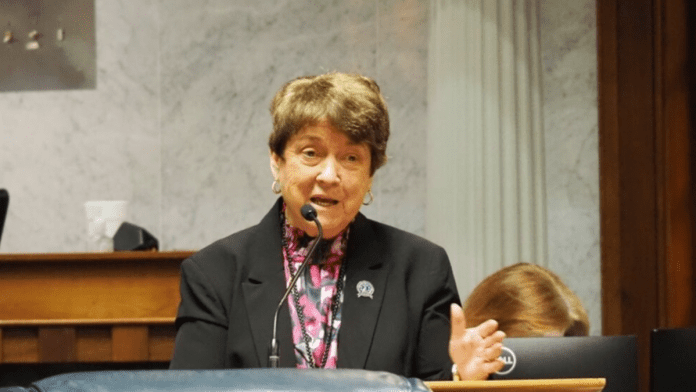News in Brief:
– The United States Senate is debating a bill restricting foreign ownership of farmland, with a focus on potential economic development risks and exemptions for specific projects.
– Members emphasise the need to balance economic opportunities with safeguarding national security and agricultural autonomy.
As the United States Senate edges closer to passing a bill aimed at safeguarding farmland from foreign ownership, discussions around economic development are coming to the forefront.
Senate sponsors have raised objections to exemptions proposed for a specific agricultural venture in northern Indiana. This pushback stems from concerns about potential homeland security risks associated with such exceptions. Despite acknowledging the benefits of agricultural opportunities, lawmakers emphasise the importance of considering broader statewide implications.
Even gubernatorial candidates have entered the fray, with Lt. Gov. Suzanne Crouch advocating for the bill’s passage to protect national security and agricultural sovereignty. The issue has become a focal point in the race for Indiana’s next governor, with candidates expressing varying degrees of opposition to foreign involvement, particularly from China.
Key provisions of the US farmland ownership bill
House Bill 1183 seeks to restrict entities from six adversarial countries, including China, from owning or leasing Hoosier farmland and land near military bases. Additionally, it prohibits land acquisition within ten miles of military installations. The Indiana Attorney General would be empowered to address suspected violations.
The bill has undergone amendments, including allowances for dual citizens and adjustments to buffer zones around military installations. However, debates continue regarding exemptions for specific projects and the potential economic impacts at both local and statewide levels.
Proposed agricultural projects in northern Indiana have sparked discussions about job creation and economic benefits versus concerns over national security. While proponents highlight the economic potential and market accessibility for farmers, opponents stress the need for caution in permitting foreign investment, particularly in strategic locations.
The bill is set for a third reading in the Senate, with further deliberations expected. Its eventual fate rests on decisions made by the House, which will consider any amendments made by the Senate.



